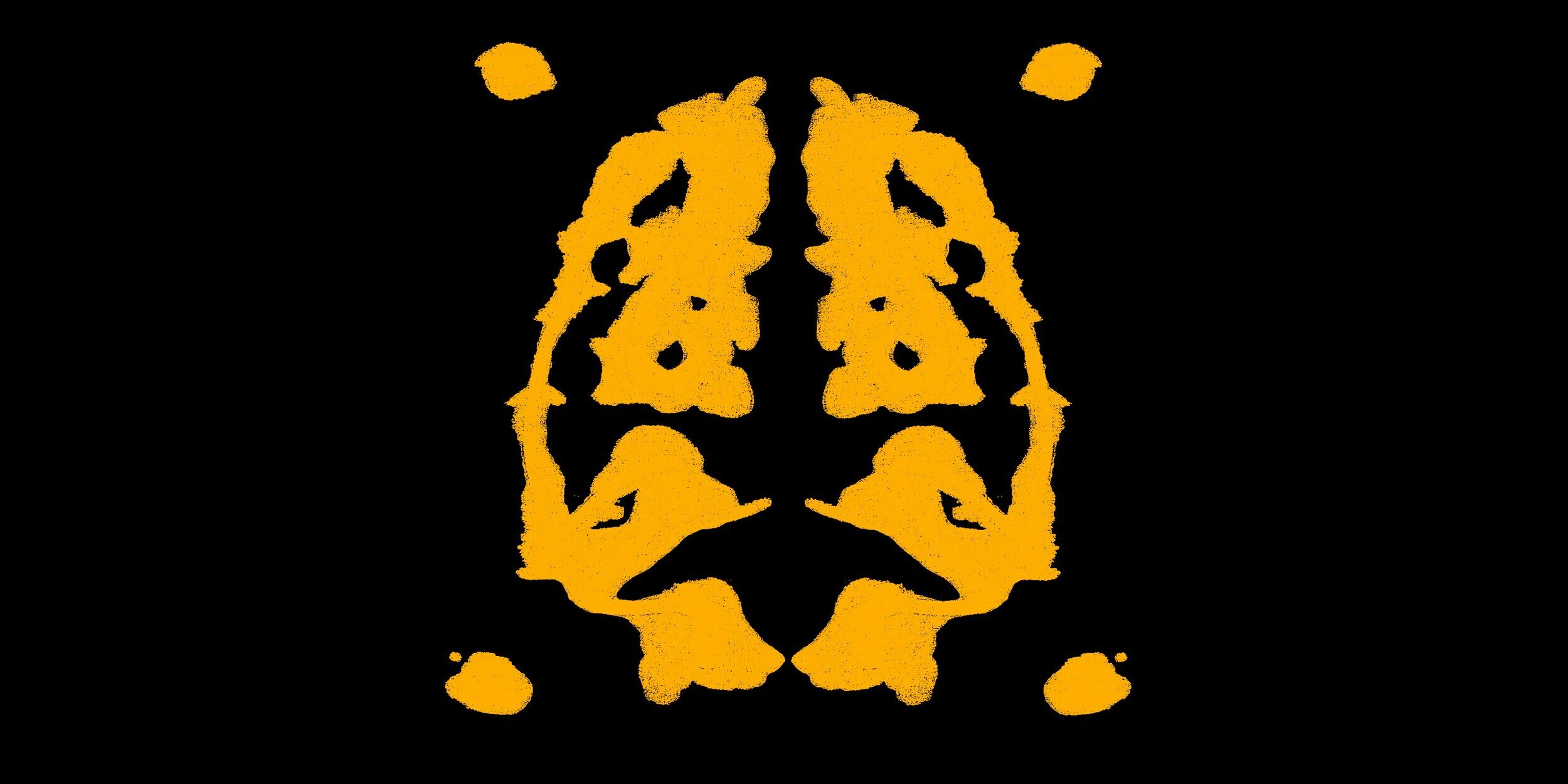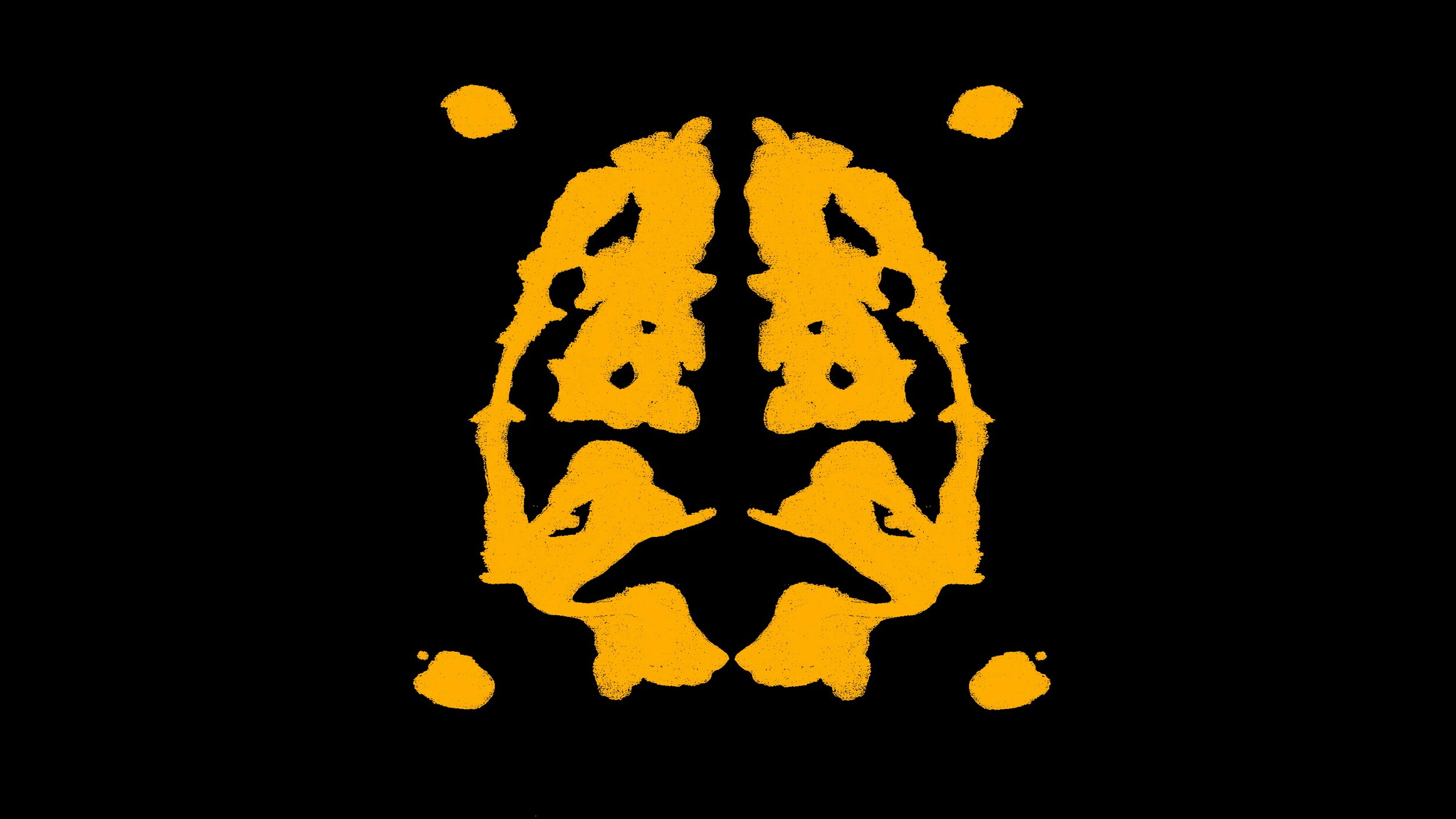5 Self-Care Actions for Year-Round Mental Health
As human beings, we want neat beginnings and endings to our stories. Movies, music, television shows, books, and most other story-driven mediums insist that there are precise moments that signal when something starts or ends in our lives. Branding and advertising do much to insist upon this too.
This desire for finality goes by the name closure. And it’s immensely alluring.
But if you’ve been an adult this past year (or any year), you’ve most likely experienced the confusing phenomenon of declaring a place, relationship, emotion, fear, want, or obsession done and over with. And then having it return, sometimes more demanding than before.
Collectively, many people around the world have been waiting for someone to declare that the COVID-19 pandemic is officially over, and we can all get back to doing what we want\dreamed.
But even after mask mandates are lifted, and we can talk to strangers in a bar again, the anxiety, fear, existential dread, and many other byproducts from the pandemic will linger. Closure, in some way, yes. But also no.
So, given the nature of this “almost, but not yet” way that life works, it seemed reasonable to wrap up 2021’s Mental Health Awareness Month with some tips for what to do on June 1st in case you’re still feeling a bit down.
Start Good Habits Anytime. Like Now. Or Now. Or Now.
You don’t have to wait till you get that promotion, inherit that fortune, have that kid, get married, turn 30, or begin 2022 to start a better, healthier habit. The truth is that while you’re waiting for a good habit to start, all good habits are waiting on you to start.
Habit researcher James Clear outlines many helpful ways to build new and better habits in his book Atomic Habits, which we can’t recommend enough. But in case you’re pressed for time, you can also consult his handy-dandy little guide. The most significant change we’ve seen during the pandemic, especially related to people and brands, is when they adopt new habits now, instead of waiting for things to change before doing it.
Just think of how many countless loaves of bread were made in-home by first-time bakers over the past year. Those people probably know how to make a pretty damn decent loaf by now. All I learned to do was drink more. Speaking of which…
Ease Up On The Booze, Captain Morgan
Look, we get it. Consuming alcohol is incredible. It’s relaxing, reminds us of social things, and awakens the part of our brains that normally lays dormant behind a wall of inhibition. And all of those things are wonderful.
But alcohol can also cloud our judgment, become addicting, and generate its own world of problems. According to a study conducted by the International Journal of Environmental Research and Public Health, there is a higher than average propensity for people to turn to alcohol as a coping mechanism during times of difficulty or stress.
The problem? Once the difficulty passes, it can be hard to ween ourselves off the coping mechanism, even if no stressor exists. As the pandemic begins to wind down and things slowly return to normal, now may be the perfect time to put some new guidelines around our imbibing to ensure that our significant problems stay in the past rather than the future.
Go Outside
And by that, we mean everything from exercise to just sitting on the back porch or laying in the grass at the park. Use sunscreen, of course, but just getting outside for a few minutes each day can reduce stress levels and replenish that all-important Vitamin D.
Get Some Distance From Your Devices
If you’re anything like us, then the last year of your life has been all-consumed by technology. Those shiny screens became singular sources of entertainment, our only means of social engagement, and of course – our primary place to work from. And while we might have unlocked unparalleled productivity, this growing intimacy with our devices hasn’t exactly been the healthiest.
Now that the world is opening back up in an exciting way, why settle for a digital world when you could have a real one again? Phones and technology will always be with us now, and even more so after a year like 2020.
But that doesn’t mean you can’t put it on silent, turn off the notifications, and go a waking hour or six without the zz-zz of your phone in your pocket or the constant checking of work emails on the off chance that you might have missed one. Put the phone down. Back away. Go make some bread.
Start A Project
In Marc Webb’s tragicomedy 500 Days Of Summer, Henry Miller is famously misquoted as having said, “The best way to get over a woman is to turn her into literature.”
Henry Miller didn’t say that. But that doesn’t make him wrong.
If the year 2020 was for you the ultimate lover-gone-awry story, then the best way to get over the year that sucketh is to turn that slimeball into literature. Or paintings. Or bread (I really want some bread right now). Or a collection of Haikus (looking at you Mo Manford). Or a new wardrobe. Or anything, really. But for the love of Henry Miller, don’t just let it sit there.
What we know about human emotion (and pain in particular) is that if it’s left alone, without anything being made of it, it can fester and become toxic to us. We often associate new ventures and directions with joy, excitement, motivation, and inspiration. But loss can be as powerful a motivator as any of these other emotions.
One of my favorite illustrations of this very thing is the brilliant story that appeared in an episode of podcast darling This American Life back in 2007.
In this vignette, then-mostly-unknown writer Starlee Kine tried to get over a breakup by doing something so wholly understandable and yet so outside of her wheelhouse that only hilarity and healing could ensue. The moral I took away from it:
Building something out of your pain is the best way to keep it from tearing you down.
If it worked for Starlee, and it worked for Henry Miller, it can work for you too.
Some New Thing
The world has never been more in need of creativity, expression, voices, joy, and relationships.
We’ve never needed our phones less and each other more. There has never been a greater need to, as legendary graphic designer David Carson puts it, “Make people cross the street and read the fine print.”
Into this waiting vacuum of summer 2021 stumble copywriters and financial planners, grocery store clerks and event planners, founders, and custodians alike. And here, at the end of Mental Health Awareness Month, we must be aware that mental health will be a thing next month too. And the month after, and the month after, and after, and after that too.
But this need not be a worry, as our mental health has always been important. But now, more than ever, we have a reason to do something for and about it.
For our good. For the good of others.

